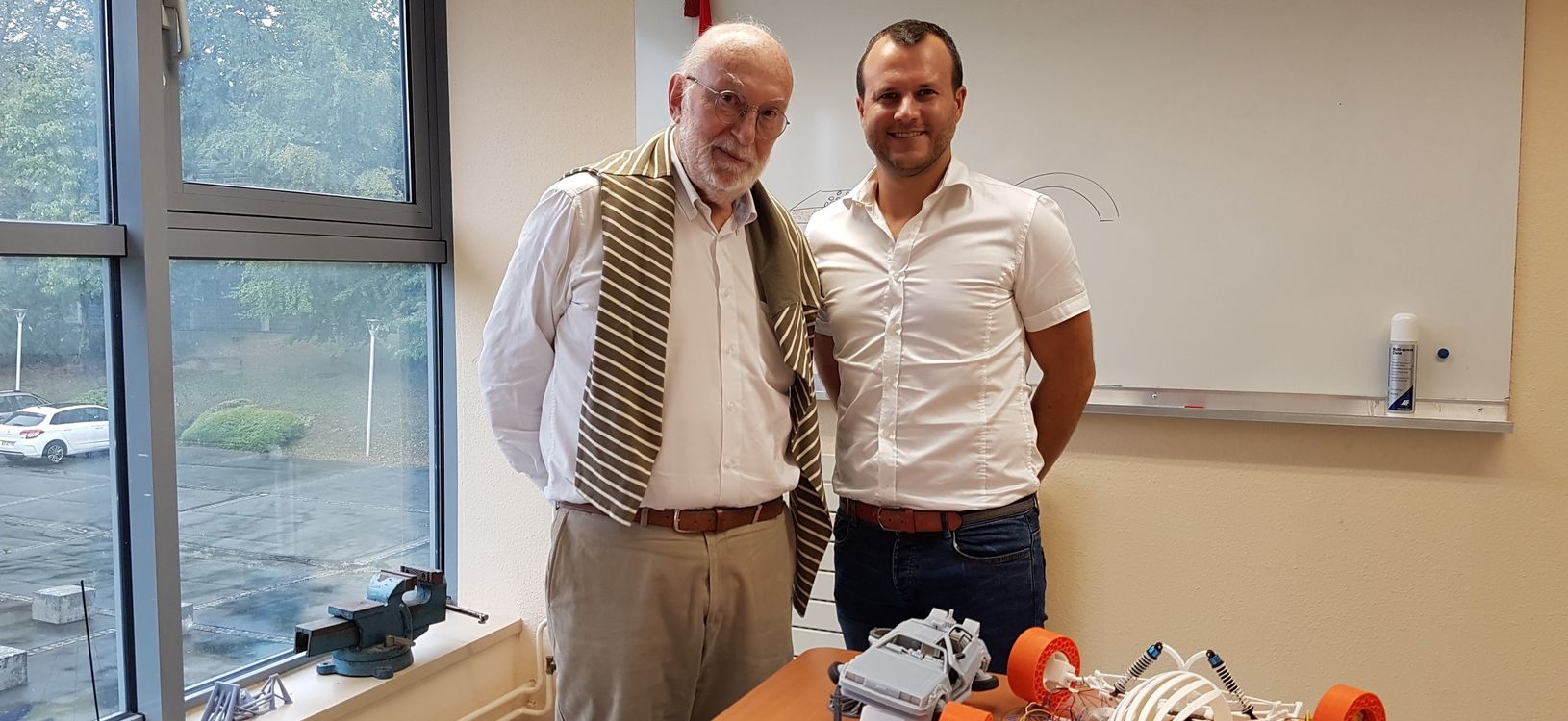CNRS prematurity program supports 4D printing

Since 2015, the CNRS has set up a premature program with the aim of detecting and then supporting the first stages of technological development of emerging projects with high innovation potential. The support consists of technical and financial support in order to reach level 3 of the TRL scale (analytical or experimental proof of the main functions and / or characteristics of the concept). The winning projects are supported by a team made up of representatives of the various CNRS departments and of its partners involved in the promotion of the institute's research results (DRE, CNRS Innovation, the Institute's valuation pole, SPV, etc.).
GenIsis : Hybrid 4D additive manufacturing technology
Led by Frédéric Demoly, researcher at the Carnot interdisciplinary Laboratory in Burgundy (CNRS / Comue UBFC), the GenIsis project aims to develop a hybrid 4D printing process allowing several materials with different properties to be combined in a single 3D object. This process will meet industrial needs in terms of adaptability and functionality. The interdisciplinary Carnot laboratory in Burgundy and the LRGP laboratory (CNRS / University of Lorraine) indeed offer a breakthrough alternative based on voxels of various kinds in order to manufacture, in a manner, components capable of reacting and fulfilling evolving tasks. The project will begin with the production and assembly of these voxels and will lead, in 18 months, to the construction of two demonstrators.
It took nearly thirty years of development to see additive manufacturing impose itself in our daily lives and diversify, now making it possible to produce 3-dimensional (3D) objects in polymers, metals or ceramics in shapes that are inaccessible by conventional means. 4D printing is a technology combining additive manufacturing and active materials under the effect of stimulation (electric and / or magnetic fields, light, temperature, pH, etc.). It allows 3D objects to have the ability to change properties, shapes and functionality over time. However, the currently mastered 4D printing leads to objects having poor performance in terms of response time, mechanical resistance, etc. The GenIsis project, led by Frédéric Demoly, Senior Lecturer in HDR at the Carnot interdisciplinary Laboratory in Burgundy (CNRS / Comue UBFC) aims to develop a hybrid 4D printing process making it possible to combine in a single 3D object several materials with different properties. different. This process will meet industrial needs in terms of adaptability and functionality. The interdisciplinary Carnot laboratory in Burgundy and the Reactions and Process Engineering Laboratory (CNRS / University of Lorraine) indeed offer a breakthrough alternative based on voxels of various kinds in order to manufacture, in a manner, components capable of reacting and filling scalable tasks. The project will begin with the production and assembly of these voxels and will lead, in 18 months, to the construction of two demonstrators oriented towards industrial applications.
- In the press : Lettre innovation CNRS
- kc_data:
- a:8:{i:0;s:0:"";s:4:"mode";s:2:"kc";s:3:"css";s:0:"";s:9:"max_width";s:0:"";s:7:"classes";s:0:"";s:9:"thumbnail";s:0:"";s:9:"collapsed";s:0:"";s:9:"optimized";s:0:"";}
- kc_raw_content:
